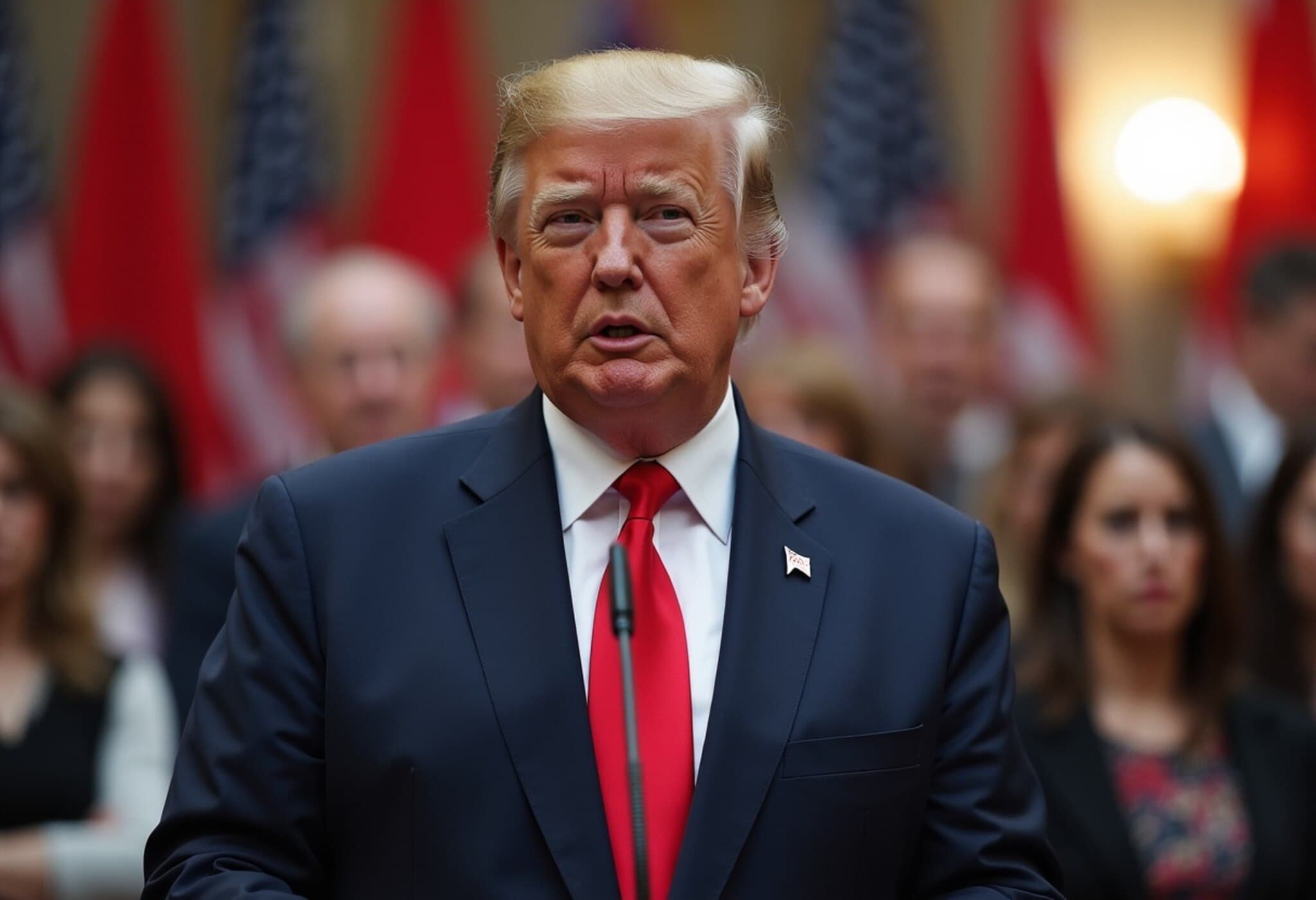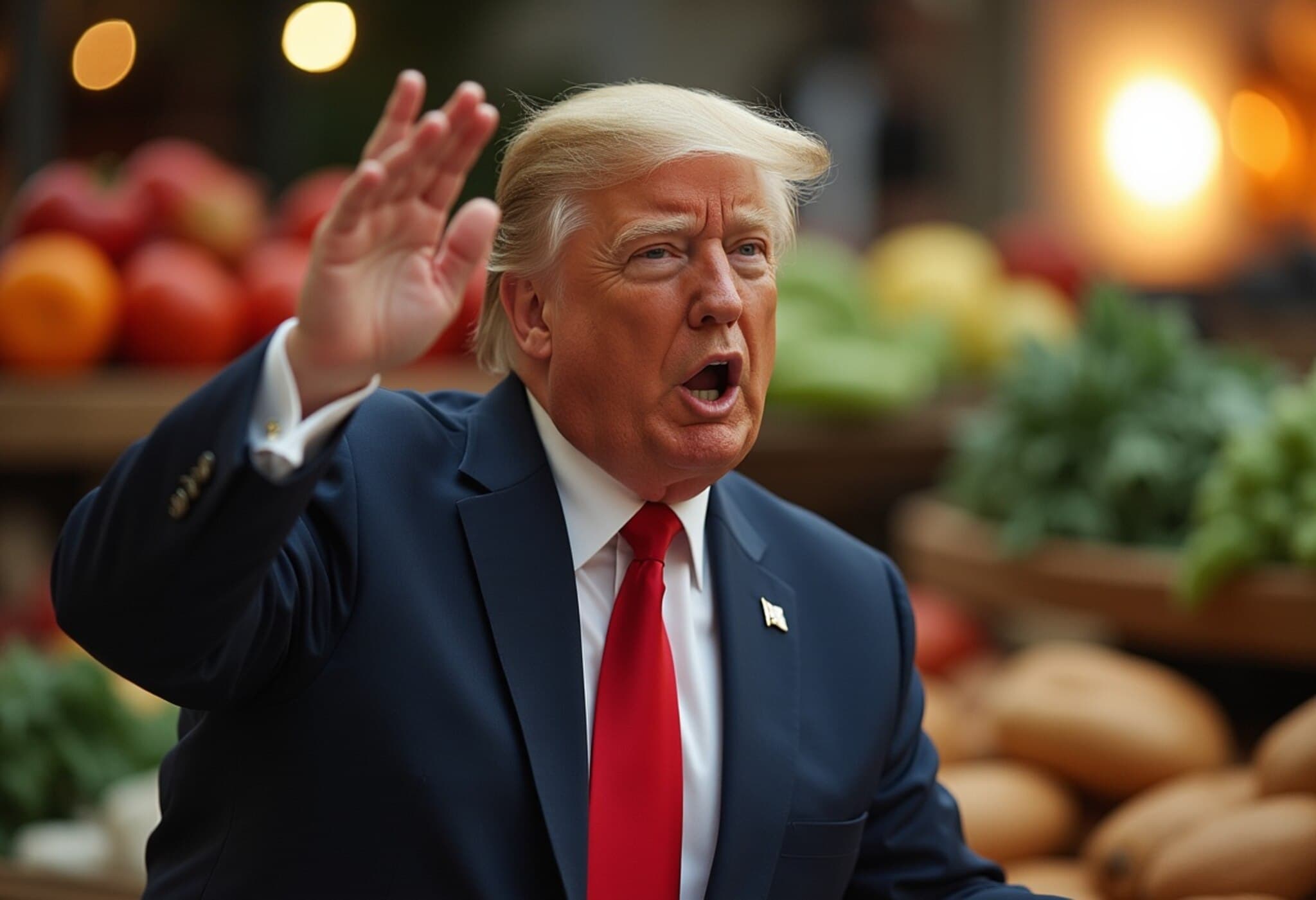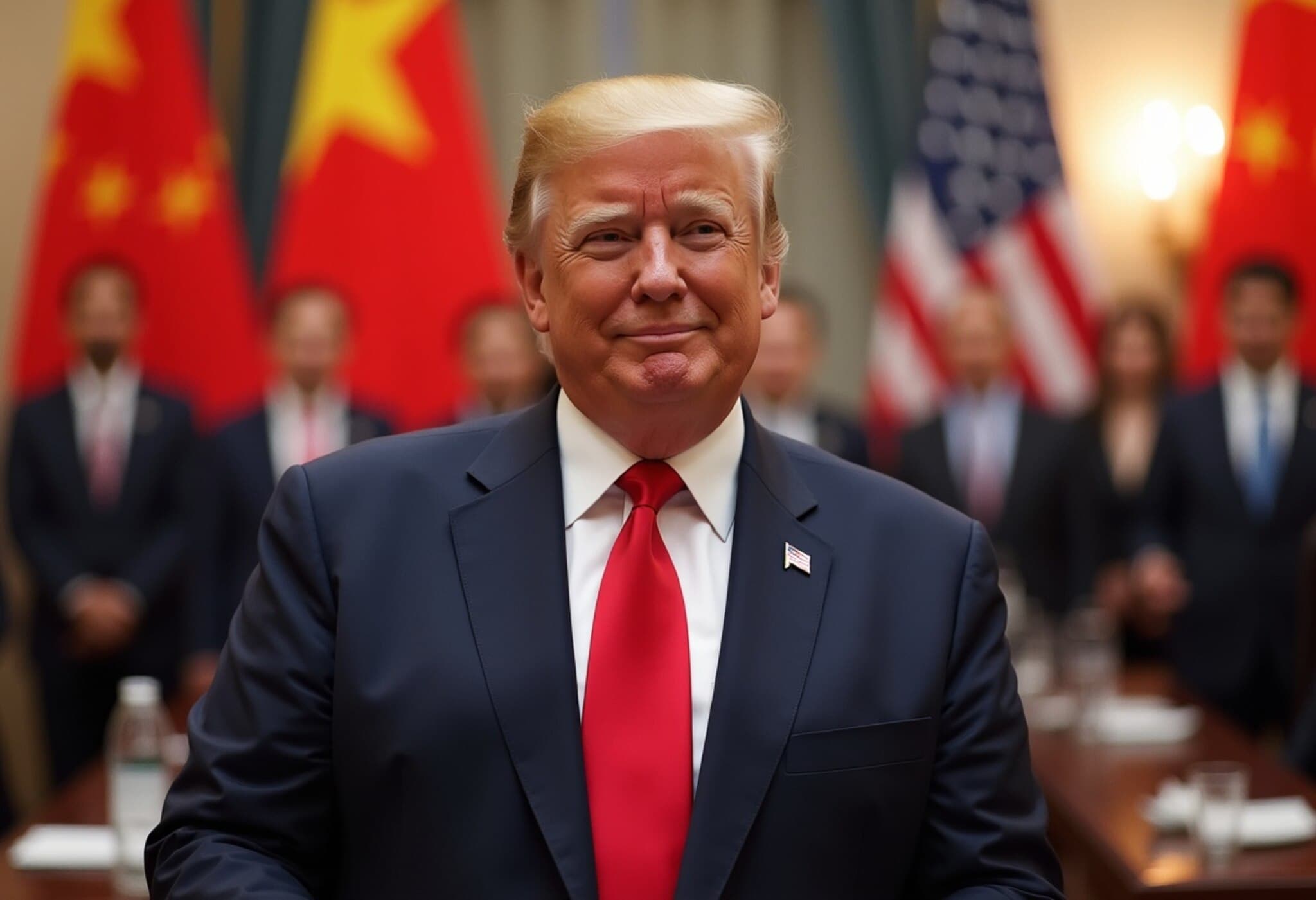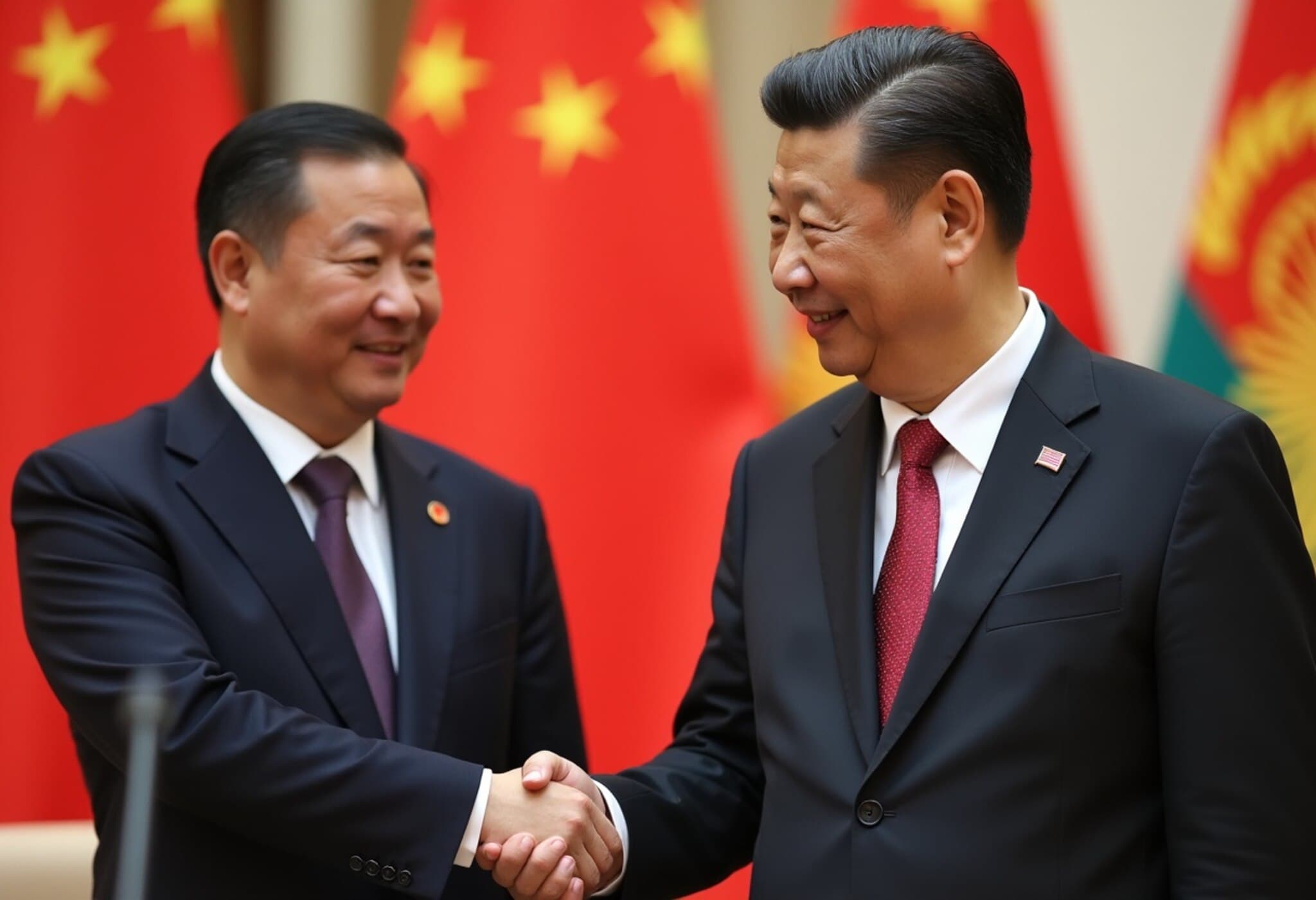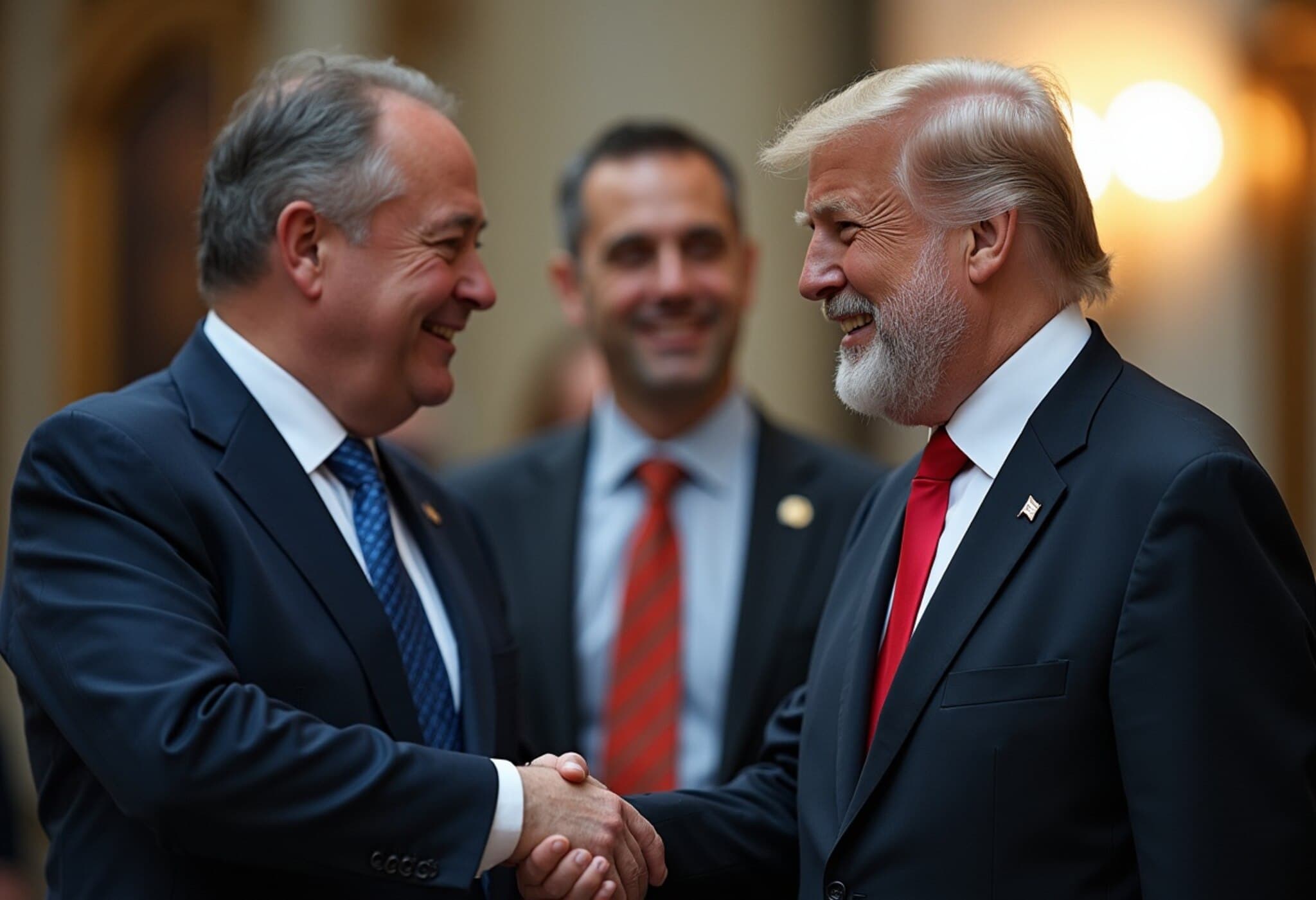Canada Takes Action Against Unfair Steel and Aluminum Trade
In response to ongoing challenges arising from global overcapacity and unfair trade practices, Canada is set to implement new tariff measures targeting the steel and aluminum sectors. Prime Minister Mark Carney announced these steps during a press briefing, emphasizing efforts to protect domestic markets amid growing uncertainty.
Impact of U.S. Tariff Hikes
Earlier this month, the United States significantly increased import tariffs on steel and aluminum, imposing a 50% tariff on these metals. This aggressive move has raised concerns in Canada, the largest exporter of both steel and aluminum to the U.S., due to potential disruptions to cross-border trade and market instability.
Canada’s Response to U.S. Measures
To counteract the destabilizing impact of the U.S. tariffs, Canada plans to establish new tariff-rate quotas equivalent to 100% of 2024 import levels for steel products coming from countries without free trade agreements. The goal is to stabilize the domestic steel industry and prevent trade diversion that could harm Canadian manufacturers.
Progress in Canada-U.S. Economic Talks
Prime Minister Carney reiterated his commitment to resolving trade challenges, sharing that he and U.S. President Donald Trump agreed on Monday to strive for a new economic and security arrangement within the next 30 days. This framework aims to address broader trade concerns while maintaining strong bilateral cooperation.
Adjustments to Counter-Tariffs Scheduled
Canada also plans to revise existing counter-tariffs on American steel and aluminum products on July 21. These adjustments will reflect the latest developments in ongoing negotiations, although specific details remain under wraps.
Looking Ahead
As global trade tensions continue to evolve, Canada’s proactive approach underscores a determination to shield its critical metal industries from unfair international practices. While talks with the United States advance, these measures aim to balance market stability with the need for open, equitable trade relations.

